
Want to know how much website downtime costs, and the impact it can have on your business?
Find out everything you need to know in our new uptime monitoring whitepaper 2021




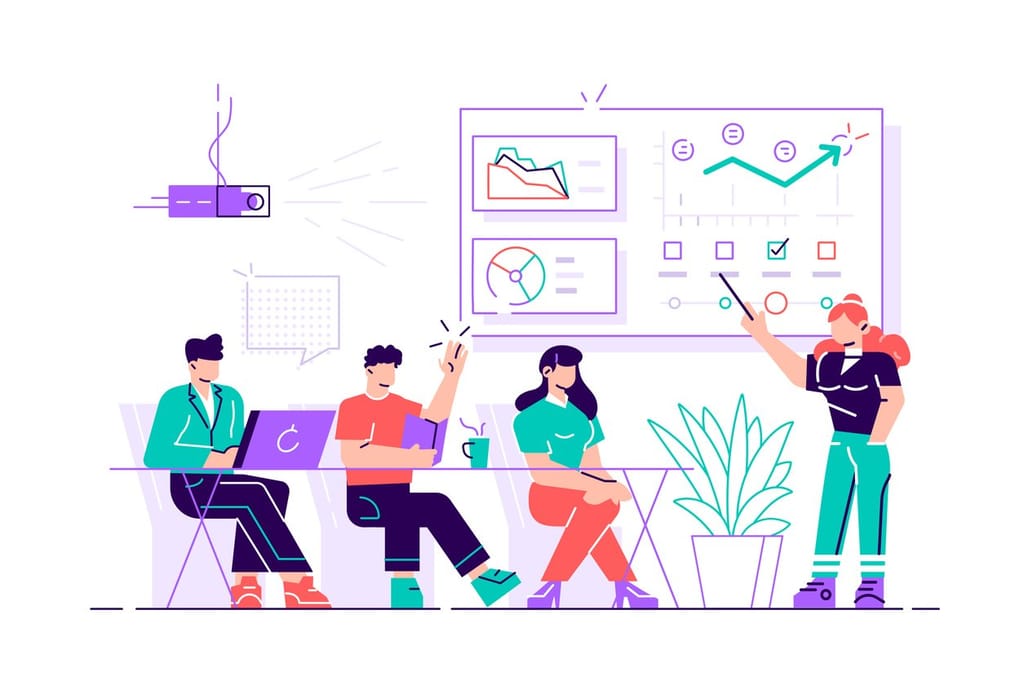
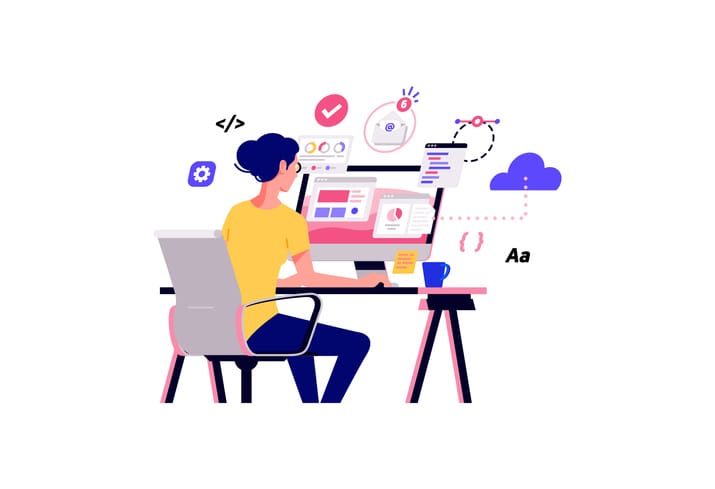
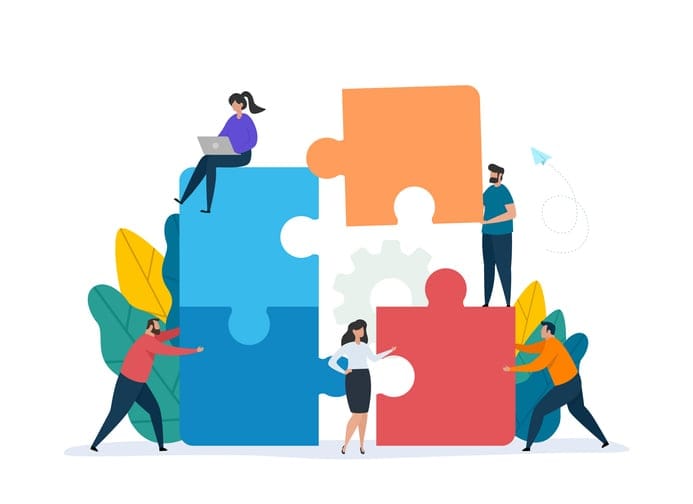
Just as the music industry threw up its arms in panic over how cassettes and home recording would destroy sales, how MP3s and online piracy would likewise do the same, they identified the collision miles off, but failed to take remedial action to avoid the crash. The dogged pursuit of an antiquated and dying business model meant that it took outsiders, such as Spotify, to come along and show them how it could be done differently. How many record company executives must have been shown plans for their label’s own streaming services using their own roster of artists and shot the idea down in flames!?
And it’s against this background that Google finally launched its much awaited music streaming service at the I/O Conference in San Francisco yesterday. The new service, “Google Play Music All-Access” is underpinned with licensing deals with three major record labels – Universal Music, Sony and Warner Music Group.
The music streaming service, which goes-live in North America today, will give users the opportunity to sign-up for a 30-day free trial after which subscriptions will cost $9.99 a month. Users signing up for All-Access before 30th June will be able to take advantage of a promotional discount of $7.99 a month. Google intends to roll the service out into other countries soon.
Out of those who stand to lose the most from Google Play Music All-Access are Spotify, whom Google appears to have gone head-to-head, but also Apple.
Apple’s model for its iTunes store has arguably more in common with the old school music industry than it does with its peers in Silicon Valley. The model of earning revenue from users downloading particular tracks is shrinking, and shrinking fast. The move towards subscription based, as much as you can eat services, such as those offered by Spotify and now Google, has changed how users consume their music. Last quarter music downloads on iTunes accounted for just 27% of revenue, down from almost half in the mid-2009.
So if the shift away from the traditional idea of buying an album or single (or a download) is hitting Apple hard who else is affected? One group impacted is the musicians themselves. Musician Damon Krukowski believes that one of his songs would need to be played 312,000 times on Pandora or 47,680 times on Spotify for him to earn the same amount of money as selling a single album.
Just as suppliers get squeezed by the big supermarkets, musicians get squeezed by the record companies, and now the streaming services. Subscriptions for music streaming services are now being hailed as the saviour to falling revenues from downloads, which were themselves hailed as the saviour to falling album and single sales.
Is it simply the case that by growing subscription based music, getting tracks played at even greater levels that the balance will swing back in favour of the musicians? After all Spotify, which already has 6,000,000 paid-up subscribers has paid out $500m in musician royalties since launching. And with Google now coming into the market – and the millions of subscribers they’re likely to attract – combined royalties will surely take on a meteoric rise for musicians? This is, on the face of it, pretty exciting prospect for the record labels and musicians?
Unfortunately that’s unlikely to be the case. For all its hype and successes in changing the business model, Spotify has still yet to turn a profit – in fact in 2009 it lost around $59m. The vast majority of those who sign up for Spotify services stay on a free account, they never upgrade. The balance between free and paid plans isn’t quite right – and at $9.99 a month for a paid account, Spotify (and arguably Google’s music service) is never going to be a truly global, mass market paid product.
To hit that mass market price point, and with a potential price-war over subscription services on the cards, the price point of $9.99 per month will almost certainly come down. And whilst this will grow users and revenue for the technology companies, the musicians will in turn most likely be forced to except even lower royalties to make the new pricing stack up.
And if there is a battle for subscribers this requires deep pockets – and as between Spotify, Pandora and Google they’ll only be one winner. As for the record companies – might Google if it does become the last man standing, why not just cut out the record companies completely and get artists to sign-up and load their content directly onto the music service.
The stock market seem to like Google’s chances. Google’s share price is hitting new highs and Apple has taken a beating.
James Barnes, StatusCake.com
Share this

3 min read IPFS is a game-changer for decentralised storage and the future of the web, but it still requires active monitoring to ensure everything runs smoothly.

3 min read For any web developer, DevTools provides an irreplaceable aid to debugging code in all common browsers. Both Safari and Firefox offer great solutions in terms of developer tools, however in this post I will be talking about the highlights of the most recent features in my personal favourite browser for coding, Chrome DevTools. For something

6 min read There has certainly been a trend recently of using animations to elevate user interfaces and improve user experiences, and the more subtle versions of these are known as micro animations. Micro animations are an understated way of adding a little bit of fun to everyday user interactions such as hovering over a link, or clicking
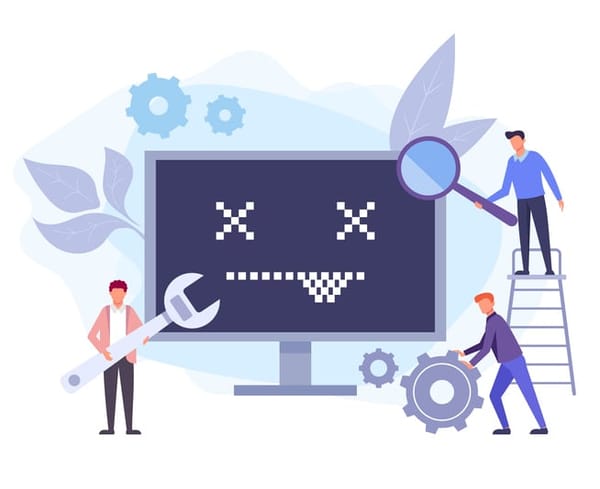
2 min read Read about the latest websites that have experienced downtime including Netflix, Twitter, Facebook and more inside!
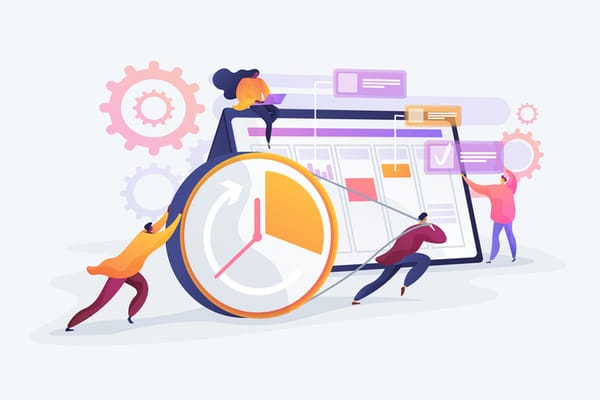
2 min read Read about how Google suffered an outage due to the soaring temperatures in the UK in July and how they rectified it right here!
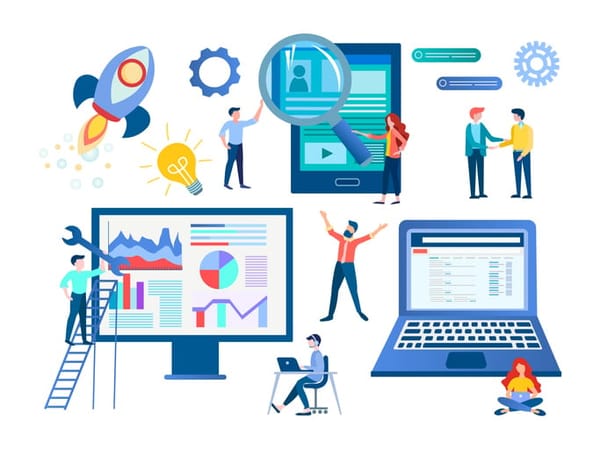
3 min read See the results of our website downtime survey to see some of the most shocking and surprising stats! You won’t be disappointed.
Find out everything you need to know in our new uptime monitoring whitepaper 2021